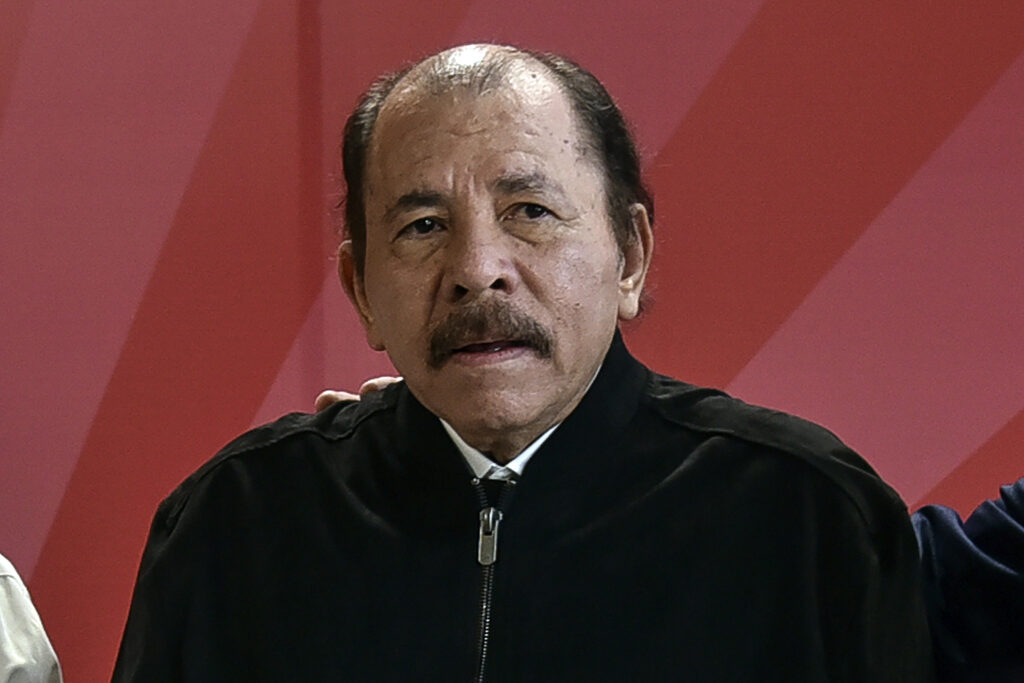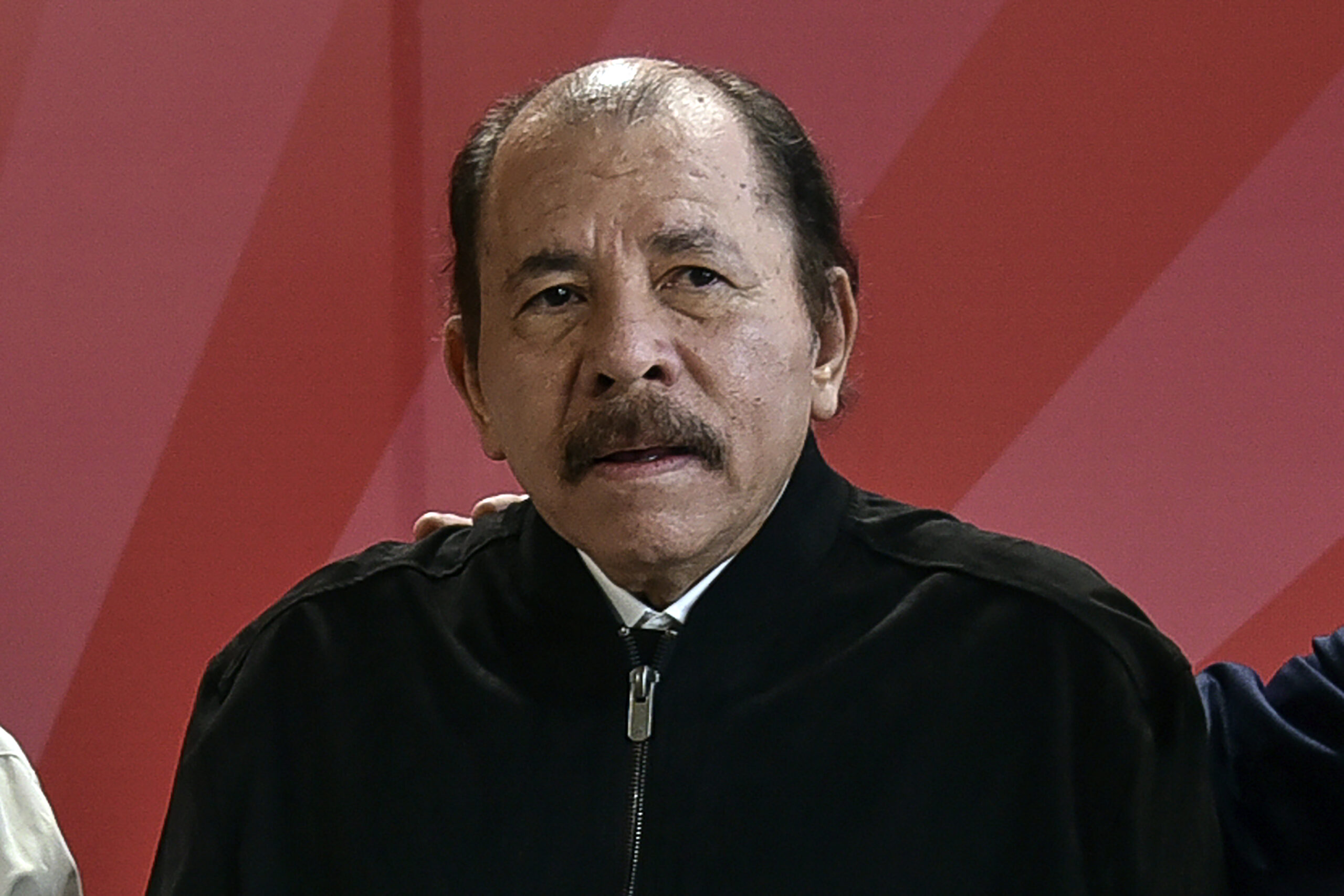
Washington says Morales Urbina ‘exploited her office to facilitate a coordinated campaign to suppress dissent’.
The United States has imposed sanctions on Nicaragua’s attorney general for what it says is her role in the government’s “unjust persecution of political prisoners and civil society”.
Wendy Carolina Morales Urbina, who has been the attorney general since 2019, “has exploited her office to facilitate a coordinated campaign to suppress dissent by seizing property from government political opponents without a legal basis”, Brian Nelson, the US Department of the Treasury’s undersecretary for terrorism and financial intelligence, said in a statement on Thursday.
Morales Urbina led efforts to take property from 222 political prisoners who were put on a flight to the US in 2023 and stripped of their Nicaraguan nationality, the Treasury Department said.
Under the order, the US will block any property or interests she holds in the country and ban US transactions with her.
The attorney general supported the “ruthless oppression of peaceful opposition members in Nicaragua by President Daniel Ortega and his wife, Vice President Rosario Murillo,” US Department of State spokesperson Mathew Miller said.
“We will continue to act against anti-democratic actors and human rights abusers,” he added in a post on X.
Ortega’s government last year stripped 300 people of their citizenship for alleged “terrorism”. They included the 222 political prisoners – among them leading opposition figures and student activists – who were sent to the US after negotiations but were unable to return and exiled after a law was passed stripping them of their citizenship.
Washington has opposed Ortega, a former Marxist rebel, since he led a revolution that toppled a US-backed government more than four decades ago, but increasing human rights violations by his government have further ostracised Nicaragua from much of the West.
Morales Urbina was “key” in the formulation of policies that designated Nicaraguan opposition members as “terrorists” and blocked their financial resources with an “anti-terrorism” law, the Treasury Department said.
The State Department had earlier put Morales Urbina on a corruption blacklist that bans her from entering the US.
Ortega and Murillo already face heavy US sanctions as do many other officials, including judges.
Ortega initially governed Nicaragua with popular leftist policies from 1979 to 1990. When he returned to office in 2007, he gradually tightened his grip on state institutions, cracking down on dissidents, including revered members of the Catholic Church.
More than 300 people died on April 18, 2018, when citizens took to the streets to demonstrate against austerity measures and social security cuts and the government responded with lethal force.
Amnesty International last year said in a report on the anniversary of the protests that the Ortega government has consolidated power through the “excessive use of force, use of criminal laws to unjustly criminalize activists and dissidents, attacks on civil society and forced exile”.


